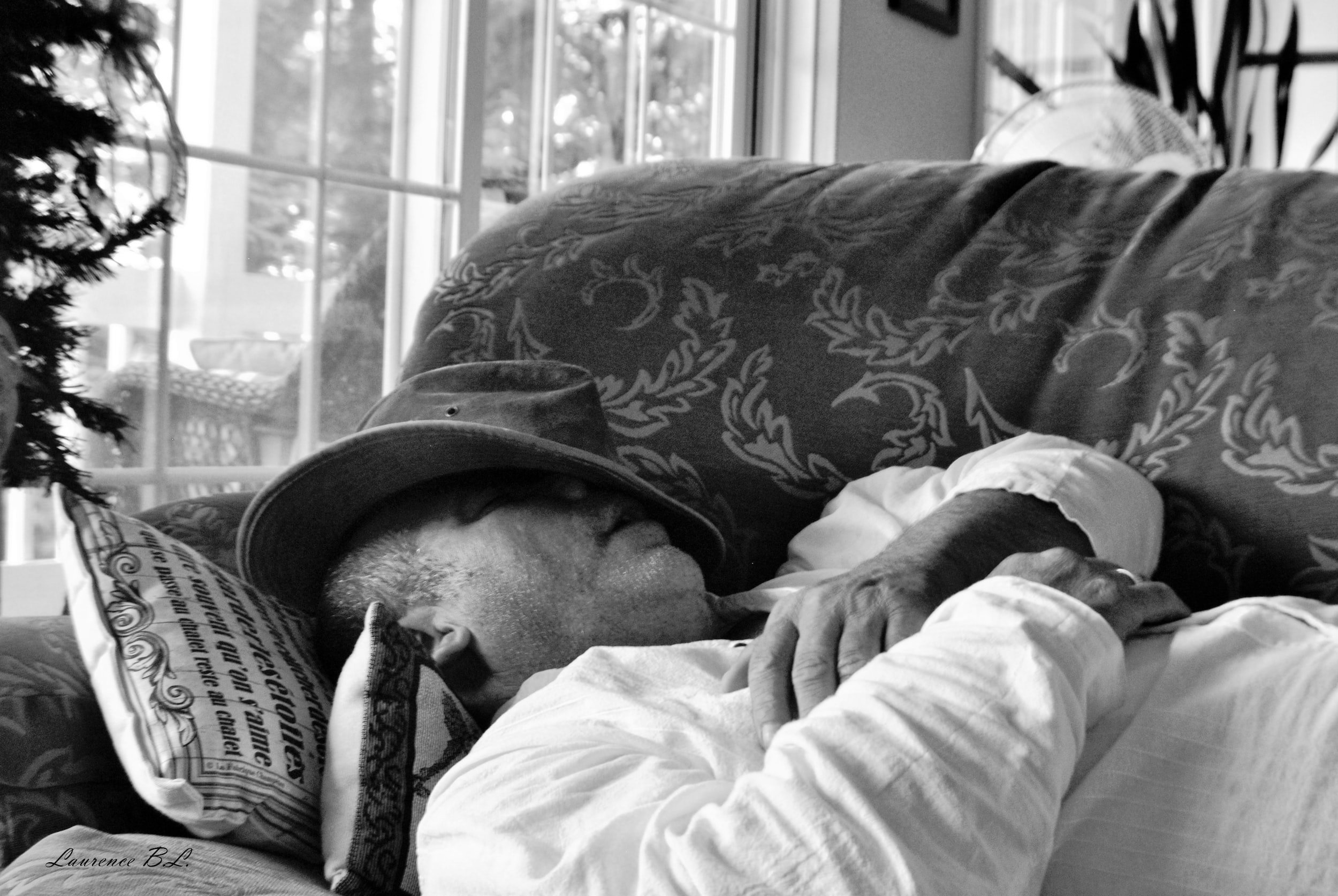So, Are Naps Bad?
Patients and friends alike often ask me about naps. They often wonder “So, are naps bad?”
My take? First, if you are sleepy and actually doze off, your body needed it! The only thing that can replace sleep is SLEEP! So if you take a nap, you probably needed it. Sleep has so many restorative effects, so I encourage people to prioritize sleep where possible. But is it bad that you need a nap? Well, as with anything in life, context matters.
Naps For Kids:
Naps are normal in most young children. In thinking about typically sleep time (in a day or 24 hour period) by age:
0-4 months (14-17 hours of sleep per 24 hours) - There is a variation of sleep patterns, but generally children have short times awake, with more hours sleeping than awake
4-12 months (12-16 hours of sleep per 24 hours) - Children start to consolidate sleep in this stage, with a longer period of sleep at night. They still often need 2-3 naps over the course of the day.
1-2 years (11- 14 hours of sleep per 24 hours) - Children at this stage consolidate sleep even more at night, but still often take 1-2 naps per day
3-5 years (10-13 hours of sleep per 24 hours) - Children may start to drop the daytime nap, depending on how much they sleep at night. This is around the time they can attend daytime school all day.
6-12 years (9-12 hours of sleep per 24 hours) - School age children can generally get through the day without nighttime naps if they are getting sufficient sleep at night.
13-18 years (8-10 hours of sleep per 24 hours) - Children at this age should be able to get through a typical day without a nap. But this is the age that many kids are getting insufficient hours of sleep, so they go through the day sleepy/tired and try to “catch up” with extended sleep on the weekend. Citation: (Paruthi et al. 2016)
So, for children, need for regular naps outside of these typical expectations cause me to want to explore for sleep disturbances, a primary sleep disorder or insufficient sleep.
Naps for adults:
Adults under 65 years of age can generally do well with 7-9 hours of sleep in a 24 period without naps. IF an adult tends to need naps, I always ask why — again wondering: (1) Are they getting enough hours? and (2) Could a primary sleep disorder (such as sleep apnea) be to blame? Sleep disorders like sleep apnea can reduce sleep quality and increase risk for daytime sleepiness (i.e. the need to nap!)
It is not unusual for older adults to regularly need naps. This can be related to more sleep fragmentation and fewer sleep hours at night.
Naps and Insomnia:
Now, if someone is struggling with insomnia (difficulty falling asleep or staying asleep), then we need to look at naps a bit more critically. The timing/length of the nap matters. If someone struggles to fall asleep at night, I often recommend holding off on naps if possible/safe. Why? The longer you are awake, something called your Sleep Drive (or homeostatic drive) increases in a linear fashion. Sleep reduces this sleep drive. [Remember, the only thing that replaces sleep, is SLEEP]. A nap in the afternoon reduces your drive to sleep and therefore, you may not be able to sleep when desired at night. Therefore, you avoid an afternoon nap to MAXIMIZE your sleep drive. You then use this maxed sleep drive to help you fall asleep at the desired time at night.
Back to our question: Are Naps Good or Bad?
So, what’s the answer? It depends!
IF you are a younger child or older adult (and it is not disruptive to your schedule), then naps are expected.
IF you are a school age child, adolescent or adult, the need for a nap may suggest a problem that needs to be addressed.
IF you have insomnia, naps may make the problem worse, contributing to your difficulty falling asleep at night when desired.
If You Need a Nap:
Keep it short! - “Power Naps” which last about 10-20 minutes should help you feel refreshed enough to carry on. Longer naps increase risk of Sleep Inertia, which is that groggy feeling you can have upon waking up. Have a gentle alarm wake you.
Keep it away from your desired bedtime! - To avoid risk for insomnia, or not feeling sleepy at your desired bedtime, try to keep your nap several hours before your regular/desired bedtime. For most people, napping before 3pm is ideal.
Keep it Cozy! - Make the most of your nap and find a quiet, cool, comfortable space to rest.
Take Note of Your Sleep:
To better understand your sleep patterns, consider tracking your sleep for 1-2 weeks. You can use one of many countless apps, or just write things down in a notebook each morning! Ideally, you want to keep track of your sleep patterns: time in bed, time asleep, time awake, and how you feel! Also note any mitigating factors (e.g. medications, exercise, naps, caffeine intake).
How do you know when you are getting enough sleep and rest?
Ideally, you should feel refreshed and able to achieve what you want most days. If this isn’t the case, consider talking to your doctor/provider or seeing a sleep specialist to strategize how to optimize your well-being!
Sleep Well! Be Well!
Caroline Okorie, MD, MPH
Q. Are naps good or bad?
A.
Context matters!


